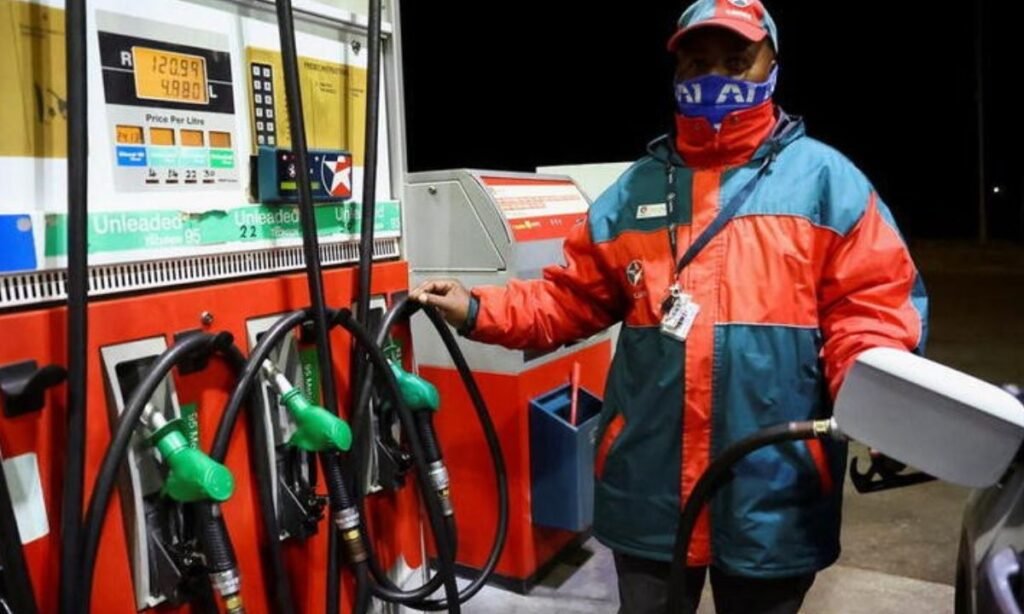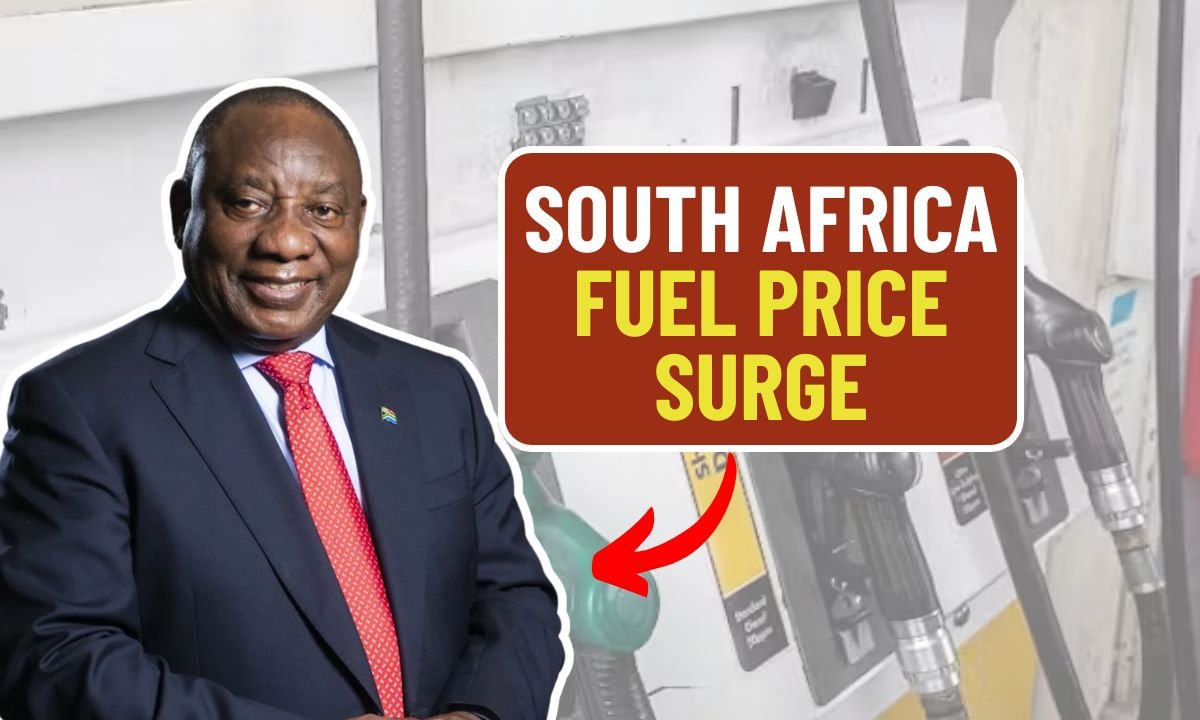South Africans are once again facing financial uncertainty due to a surge in petrol prices that shows no signs of slowing down. As of the end of 2024, the cost of 93 Unleaded Petrol rests at R20.91 per litre, while 95 Unleaded Petrol has climbed to R21.33 per litre. These fluctuating prices are not just numbers at the pump they are reshaping household budgets, disrupting economic forecasts, and squeezing the spending power of millions of citizens. With an average price of R23.24 per litre expected throughout 2024, consumers must prepare for a sustained period of elevated transport costs.
Rising Transport Costs Tighten Household Budgets
For the average South African, increased petrol prices mean more than just a costly trip to the fuel station. Commuters, especially those who rely on private vehicles for daily transport, are feeling the direct impact in their wallets. For businesses involved in logistics or transport, the additional costs are often passed on to consumers in the form of higher prices for everyday goods and services. Even those who don’t drive are affected, as the cost of transporting products adds to grocery bills, school expenses, and other essential purchases.
Inflation and the Escalating Cost of Living
Fuel costs are a major contributor to national inflation, and their effect on the consumer price index is unmistakable. According to data from Statistics South Africa, inflation reached 5.8% in 2023, largely driven by surging fuel expenses. When fuel prices rise, so does the cost of food, electricity, and other basic goods that require transportation. Low-income households are particularly vulnerable in this environment, often finding that their limited budgets cannot stretch far enough to cover both rising fuel costs and essential living expenses.
National Economy Faces Continued Pressure

The broader economic implications of South Africa’s fuel crisis are equally concerning. The projected average petrol price of R23.24 per litre in 2024 marks a continuation of an upward trend that is challenging businesses and policymakers alike. This price volatility is fueled by global oil market dynamics, local supply chain issues, exchange rate fluctuations, and refinery inefficiencies. With diesel prices also remaining high, the overall cost burden on sectors like agriculture, manufacturing, and freight is substantial, threatening economic growth and employment stability.
Fuel-Saving Habits Can Ease the Pressure
While the challenges are significant, there are practical ways for South Africans to manage rising fuel costs. Improving fuel efficiency through basic vehicle maintenance, smoother driving habits, and reducing excess weight in vehicles can lead to measurable savings. Small adjustments like checking tyre pressure and avoiding aggressive acceleration not only extend your fuel tank’s life but also reduce the long-term wear and tear on your vehicle. These fuel-smart habits can significantly cut down expenses, especially for frequent drivers.
Embracing Alternatives and Rethinking Transport
Another key strategy for coping with high fuel prices involves rethinking daily travel routines. Carpooling with colleagues, using public transportation, or even cycling short distances can reduce your reliance on petrol. For those who work in roles that permit flexibility, remote work has emerged as a powerful solution. Working from home just two or three days per week can decrease your monthly fuel usage dramatically. Additionally, revisiting and restructuring monthly budgets to account for rising fuel expenses ensures that essential needs remain prioritized while discretionary spending is scaled back accordingly.
Staying Informed to Stay Ahead
The ongoing fuel crisis in South Africa serves as a reminder of how interconnected global markets, local infrastructure, and household budgets truly are. In these times of economic uncertainty, being informed is your first line of defense. By tracking petrol price trends, seeking out savings where possible, and adjusting daily habits, South Africans can take control of their financial well-being even as fuel prices rise. While the situation remains volatile, resilience and smart planning can help households weather the storm more effectively.

